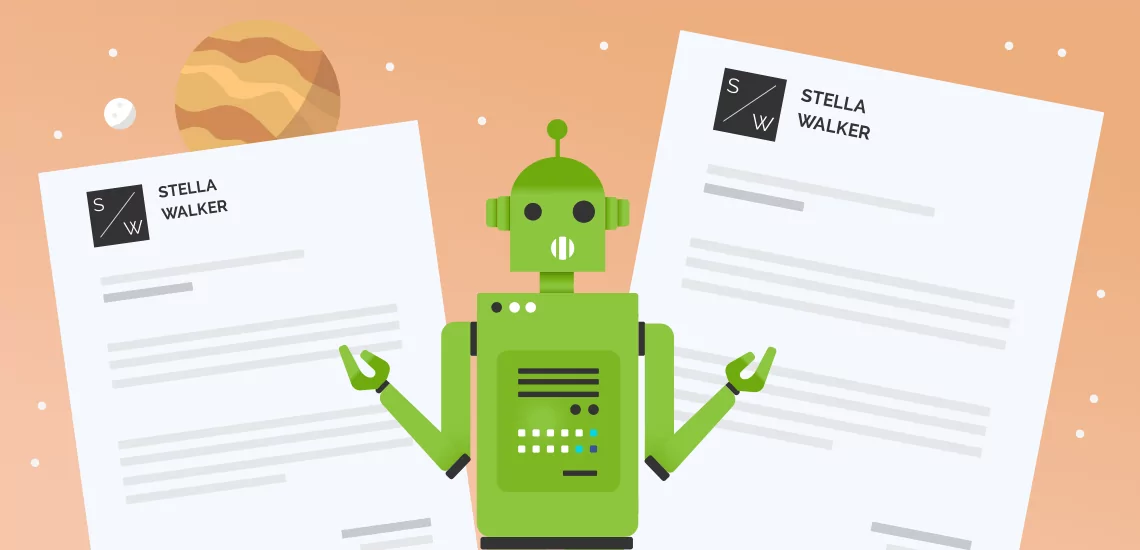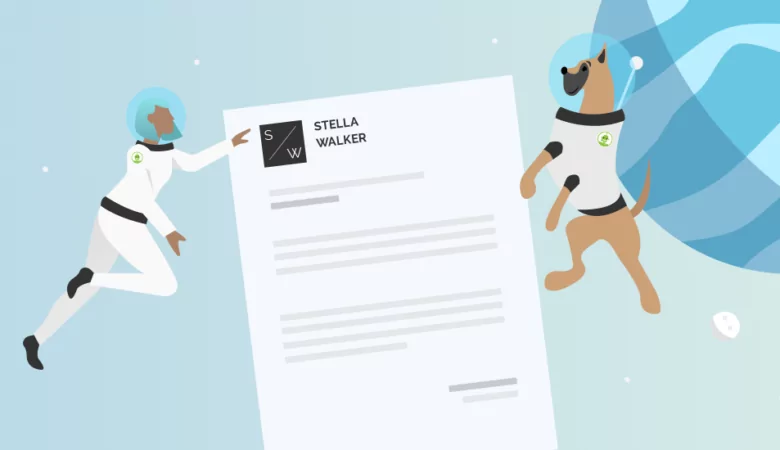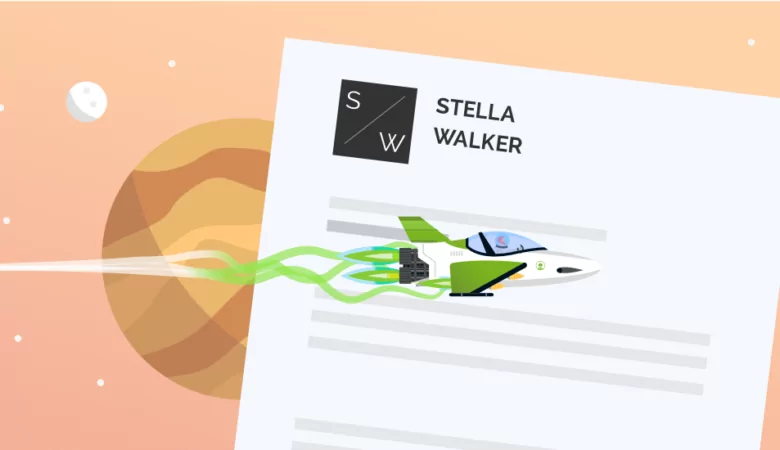The cover letter and letter of interest seem to have the same function. What are the differences between a cover letter and letter of interest in regard to a job search?

Letter of Interest vs. Cover Letter Differences
Letter Of Interest vs. Cover Letter
There are many different elements to include within a job application. Your resume, references and either a cover letter or a letter of interest can take some time to compile. Most job seekers are familiar with cover letters, but have never considered sending a letter of interest during the job search. What is the difference between these two letters? Which application letter works best for a job application and search?
What is a Letter of Interest?
The letter of interest (also known as the letter of intent) is a business letter that expresses your interest in working for a specific company, regardless of whether they have any available job opportunities or not. The goal of this letter is to express interest in working for the company based on your own career path or goals or for a specific department within the company.
Overall, this letter of inquiry acts as a formal introduction to Human Resources and is much broader than the average cover letter.
What is a Cover Letter?
You would usually write a cover letter for a specific job opening rather than as a general sign of interest. It is typically used to explain why your skills and work history make you the best fit for an actual position that you are currently applying for. It is also the hiring manager’s first impression of you as a candidate, so you need to make every word in the letter count.
Differences Between a Letter of Interest and a Cover Letter
Letters of interest and cover letters might look the same on the surface, but there are key differences between them. Let’s take a closer look at these differences below.
Cover letters focus more on current open job postings
Cover letters are typically written for a particular job, so it needs to focus on both the specific job requirements and the attractiveness to work for that company. The best way to stand out in a cover letter is to pull certain keywords from the job description to use in your cover letter. Most often, job applications are run through an applicant tracking system (ATS) that scans for keywords relating back to the job description and only those qualified are presented to the hiring manager or recruiter.
When writing a letter of interest, there are no keywords to be concerned about. Letters of interest are not written based on any specific job openings or descriptions to pull from, so you can tailor the letter based on your own research about the company.
Letters of interest focus on company culture
Letters of interest rely more on your knowledge about the company itself. Your desire to work for a specific company (rather than a specific position) should be reflected in this letter. This means you will talk less about yourself as a candidate and more about your intentions to connect with the company and work for them in the future.
You will need to do your research into the company’s culture, values and mission statement and discuss why you believe all these align with your own career goals. Though you can sometimes write a letter of interest for an open job position, it will still focus more on the company rather than your own accomplishments and skills.
Letters of interest are broader
Because letters of interest don’t typically focus on a specific open role within a company, you will then have more range to discuss your interest in the company itself and how working for them can impact your career goals. The job search can be a long, tedious process, but with a letter of interest, you can at least earn the attention of a company or industry you are excited to work for.
Another benefit to the broader range of the letter of interest is that you don’t need to write a resume to accompany your letter. Letters of interest are stand-alone documents. Cover letters, on the other hand, always accompany a resume since they are a part of the job application.
FAQs: Letter of Interest Vs. Cover Letter
Sending a letter of interest to a company has a few other advantages as well. If the letter happens to capture the interest of a hiring manager who likes what you write, then it can lead to an informational interview. These interviews are more informal than professional interviews and act more as an introduction to the hiring manager, the company and the industry overall.
You can tell the hiring manager more about your career goals, and they will be able to explain what it’s like working in that field. Make sure you prepare plenty of questions to ask. The letter of interest is not meant to take up too much of a hiring manager’s time by asking questions that could be covered in a quick Google or other online search.
Cover letters and letters of interest tend to have similar structures to one another. This includes:
- A professional header containing all your contact information and a link to your LinkedIn profile
- Personalized salutation and opening paragraph hook that captures the reader’s attention
- Brief summary of professional experience
- Request for the potential employer to follow up for an interview
If you’re still having trouble writing a good cover letter or letter of interest, then try using a cover letter builder tool. These tools have dozens of pre-loaded cover letter examples, cover letter samples and other cover letter templates for you to use. You can also find letter of interest examples, letter of interest templates and other prospecting letter tips in these tools as well.







